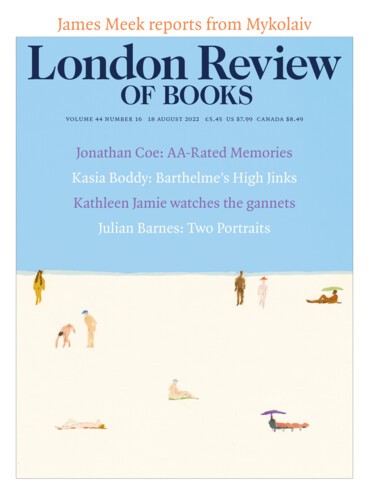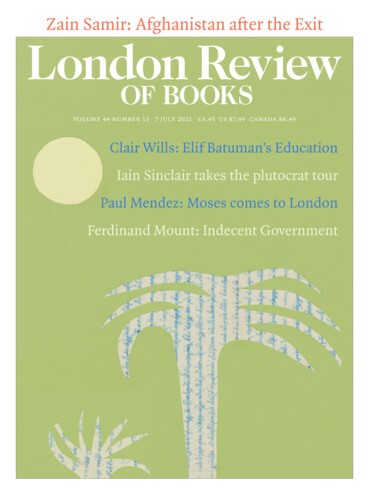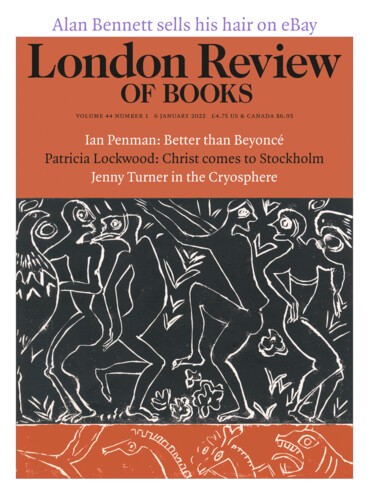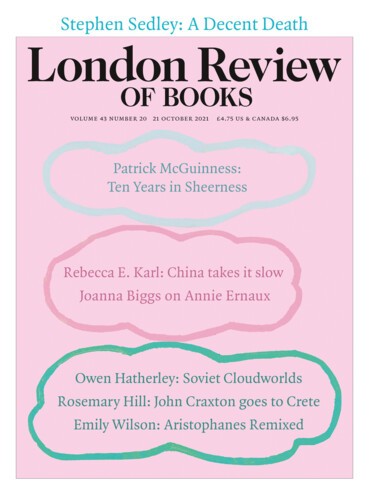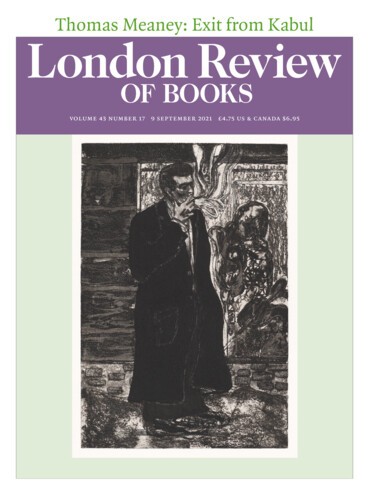Like Oysters in Their Shells: The Death Trade
Malcolm Gaskill, 18 August 2022
This is what happens when you die. Electricity stops flowing through your neural circuitry and consciousness shuts down as though a switch has been flicked. Blood keeps moving for a while, ebbing without the heart’s propulsion before succumbing to gravity and pooling in the lower back where it congeals. Starved of oxygen, cells are dismantled by enzymes with nothing else to do now life is at an end.
